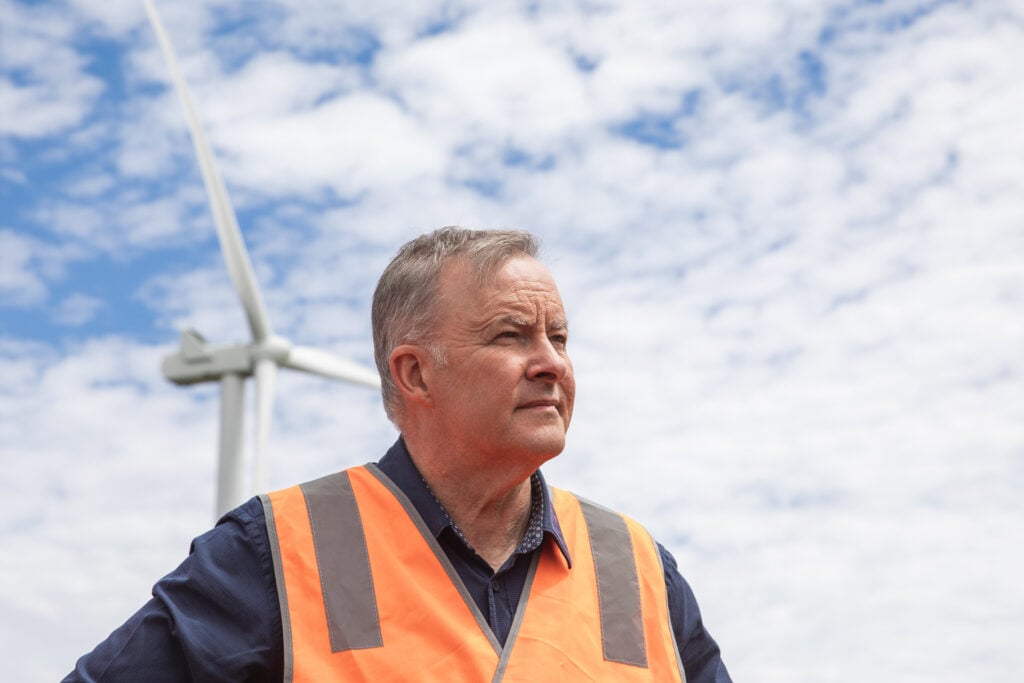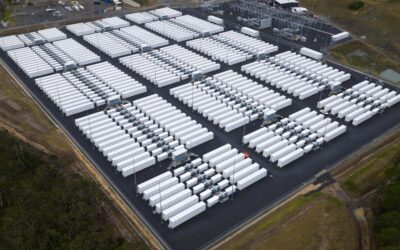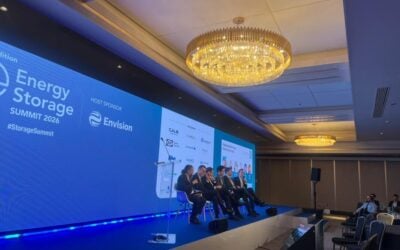
Delivering on its 2025 election pledge, Australia’s Labor government has announced it will introduce the Cheaper Home Batteries Program from 1 July 2025.
The programme was first announced in early April in the build-up to the 2025 federal election, which took place on 3 May and saw Anthony Albanese’s Australian Labour Party win a second term in government.
The Cheaper Home Batteries Program, which aims to support home battery energy storage systems (BESS) uptake, became one of the key aspects of Labor’s election manifesto. It promises an AU$2.3 billion (US$1.41 billion) home BESS subsidy scheme that would help cut the upfront cost of home BESS by 30%.
According to a government announcement, the discount, offered via a rebate, will be based on the usable capacity of the home BESS and will gradually decline through to 2030. This could help households save around AU$4,000 on a residential battery storage system.
Try Premium for just $1
- Full premium access for the first month at only $1
- Converts to an annual rate after 30 days unless cancelled
- Cancel anytime during the trial period
Premium Benefits
- Expert industry analysis and interviews
- Digital access to PV Tech Power journal
- Exclusive event discounts
Or get the full Premium subscription right away
Or continue reading this article for free
The discount will typically be available via solar and battery retailers and installers. It will be accessible through the existing Small-scale Renewable Energy Scheme. Small businesses and community facilities can also access the subsidy, with support for up to 50kWh of batteries sized up to 100kWh eligible.
Ahead of the federal election, Chris Bowen, Australia’s energy minister, donned a ‘Cheaper Home Batteries’ t-shirt on the stage of the Smart Energy Conference in April 2025.
During his opening keynote, Bowen said the Labor Party’s pledge to introduce the home BESS subsidy scheme was a “vote of confidence in decisions Australian households want to make.”
“Some have said it is the biggest, best and most positive intervention in renewable energy. I’m not here to disagree. All this is at stake,” Bowen added.
“We’ll keep going with a plan for consumer energy to step forward and play a much more significant role through batteries. With our policy that we announced on Sunday, we forecast and project around 1.1 million new batteries. That’s what progress looks like.”
More information on the Cheaper Home Batteries Program can be found on the official website.





